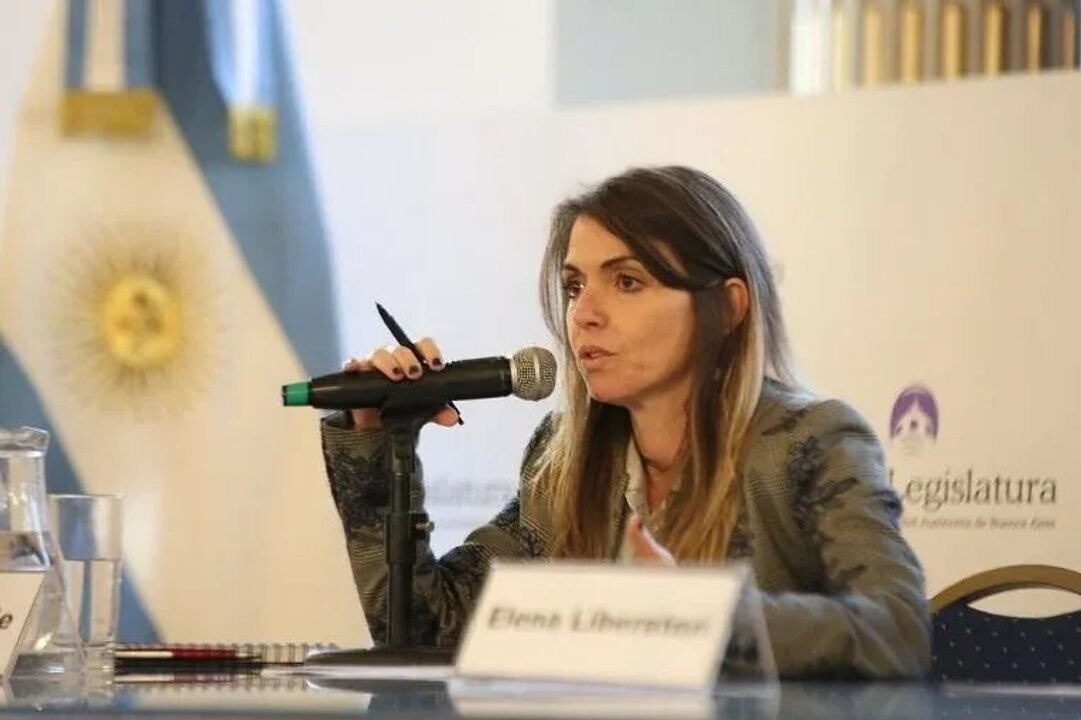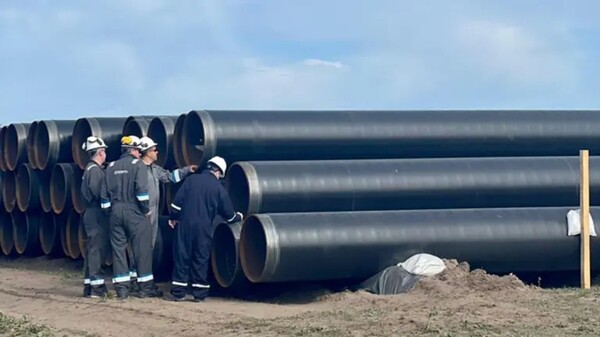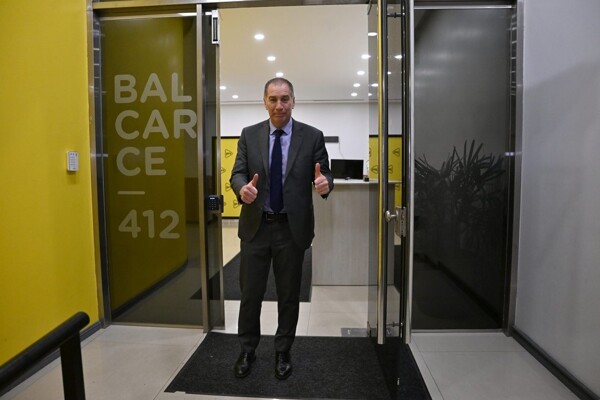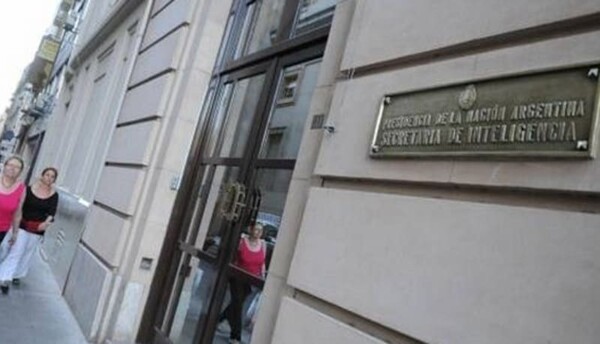
Judge Karina Andrade of the Contraventional Court No. 15 of Buenos Aires made the decision to release 114 people detained during the incidents at a march in Congress. In an interview with Radio 10, she explained that her resolution was based on protecting the right to protest and freedom of expression, supported by the National Constitution.
"Andrade highlighted the importance of differentiating the quick response from the expectation of the State to investigate criminal acts. She pointed out that the security forces did not provide sufficient information about the detentions, omitting key details and failing to meet the basic requirements of informing the judge about the reasons for the detentions," stated the magistrate.
The judge cited constitutionalist Roberto Gargarella, who argues that protest is a "bulwark right of the democratic system." Her ruling sparked a debate on the balance between security and constitutional guarantees, facing criticism from the national government and the administration of Jorge Macri.
Andrade defended herself against the criticisms, emphasizing that her decision does not prevent the Public Prosecutor's Office from continuing to investigate those released. She clarified that her position was based on legal and constitutional arguments, avoiding direct responses to the accusations against her.
The judge emphasized her independence and distancing from party affiliations, denying belonging to any political party or group. She insisted on the importance of effective judicial oversight in situations of detention and criticized the lack of detailed information provided by security forces.
"Andrade concluded that her ruling made clear what the procedure is for detaining a person in the country and insisted on the need to clearly inform about the crimes charged in each case, so as not to resort to generic phrases that do not specify the seriousness of the accusations," concluded the magistrate.














